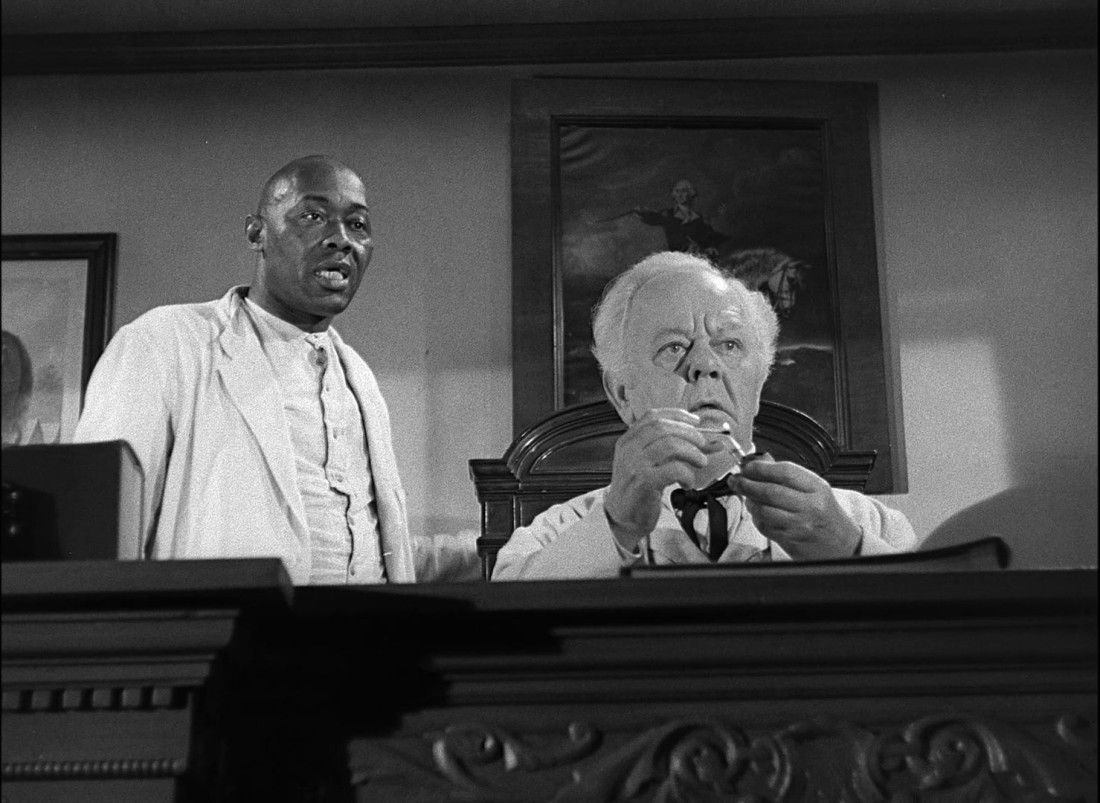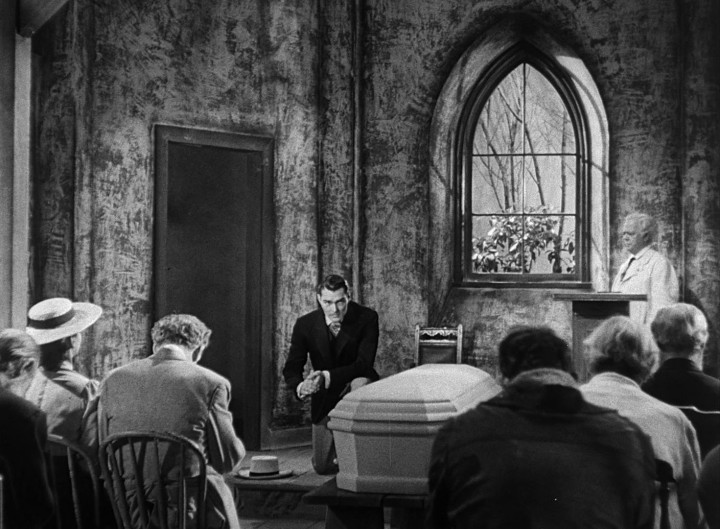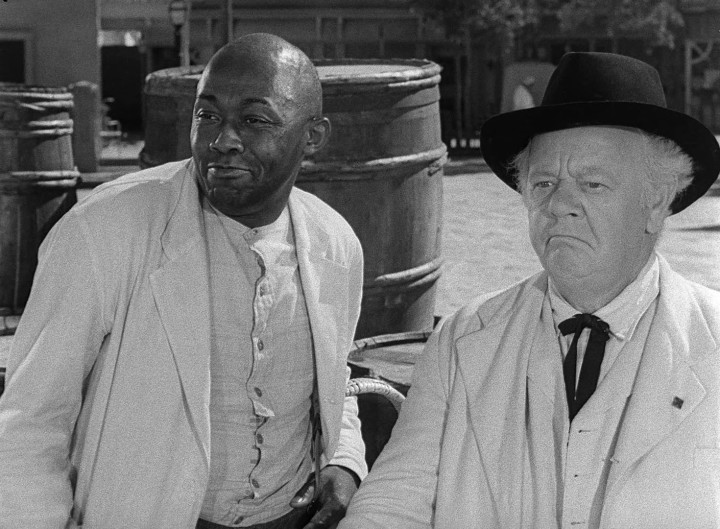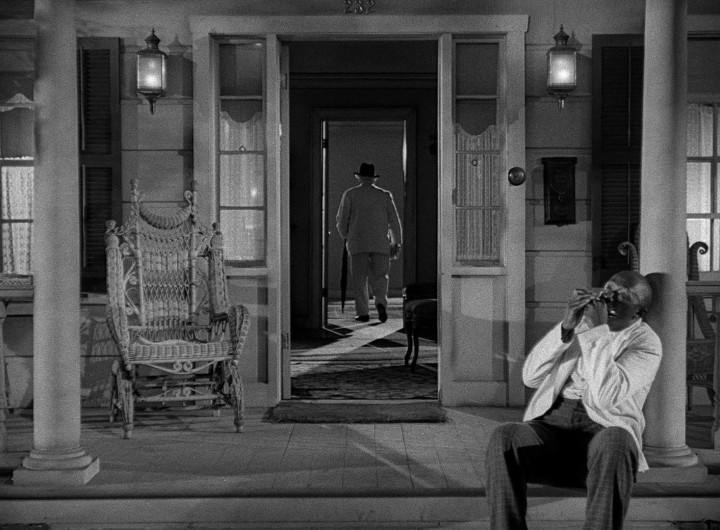While I’ve always admired — even cherished — some of John Ford’s films, I only came to truly appreciate his greatness in the past year or two. This was mostly due to hitting upon an irresistible deal on the massive (and typically badly designed) box set, “Ford at Fox,” a collection of 24 of the films he made at Fox. I bought it for four specific titles and proceeded to fall in love with at least twice that number that I’d never seen. It was this set that led me to check out Ford’s 1953 film The Sun Shines Bright — something I’d never given much thought to, since 1950s movies rarely do a lot for me. And Ford’s early 1950s films are among those. This was a major exception. It is simply wonderful.
I put its relative obscurity — outside of Ford fans — down to the lack of a big name star and to Ford insisting on having Stepin Fetchit (already out of favor by 1953) recreate his role from Judge Priest. And make no mistake, Fetchit is very much playing his standard character. He’s a little bit older and a little bit quicker on the uptake, but he’s still doing his Stepin Fetchit shtick. (Here he doesn’t have to be warned not to play “Marching Through Georgia” in a southern stronghold, but rather averts disaster by getting a hapless black youth switch to playing “Dixie” on the banjo.) That said, who better to play such a role in a movie about a world that has outlived its time than a performer who had outlived his?
As noted, the film is an extension of Judge Priest, but it’s a different animal in many ways that have nothing to do with Charles Winninger taking over the Judge Priest role from the late Will Rogers. This Judge Priest is older and sadder. He’s still a fearless proponent of an idealized notion of the Confederacy (the aging veterans of which include a Jewish tailor), and he’s still a political and social progressive — a champion of the downtrodden and the oppressed. But this incarnation actually puts more on the line by doing the right thing — and more than once. More importantly, this Judge Priest increasingly realizes that his time and his world are ending — that they’re relics of a romanticized past. The ending — made three years earlier — is a kind of inversion of the famous final shot of The Searchers. And frankly, I think it’s stronger. Is it, as Ford himself thought, the filmmaker’s greatest film? In the greater scheme of Ford’s work, I think it just may be.







“By his own admission, The Sun Shines Bright was John Ford’s favorite of his films. While I’m always a little skeptical of artists judging their own work — and how long they may or may not have felt that way —”
I am not sure I understand the skepticism here. I have favorites of my work that may or may not coincide with what people perceive as my best work. But the artist may love a piece not because it is artistically superior, but because it represents more of who they are as an artist. It may capture the spirit of the director, playwright, poet, or painter more profoundly than any other piece in their body of work.
You needn’t understand it, but I don’t think artists are necessarily the best judges of their own work — sometimes because they’re too hard on their own stuff. Unlike the viewer, he or she knows how far short it may have fallen of the intent. I also would like to know when Ford said this and how — or even if — consistently he made the claim.